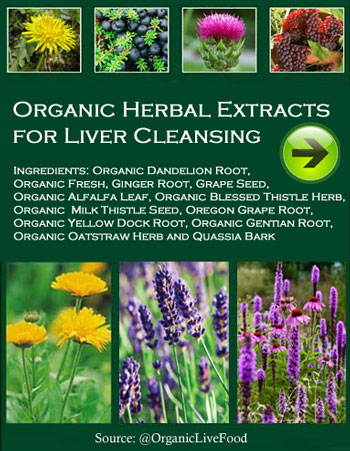Liver
The liver is a very important organ in the body and it has a wide range of functions, including protein synthesis, glycogen storage, decomposition of red blood cells, plasma protein synthesis, hormone production, and detoxification and digestion. The liver also works with other organs, including the gallbladder which sits under the liver, along with pancreas and intestines, all working together to digest, absorb, and process food.
In protein synthesis and decomposition of red blood cells, the liver filters the blood coming from the digestive tract, before passing it to the rest of the body. The liver also detoxifies chemicals and metabolizes prescription drugs, vitamins and supplements.
As it does so, the liver secretes bile that ends up back in the intestines. All of these are essential functions that cannot be substituted currently by any machine or external mechanical or process replacements. The only alternative is liver transplantation from a donor.
 In simple words, take good care of your liver.
In simple words, take good care of your liver.
Excessive alcohol, regularly eating junk food, prescription drugs, consuming excessive birth control pills and steroids, excessive deposition of iron, and smoking can damage the liver severely.
How do you know if your liver is not functioning at its most optimum?
Here’s a list of conditions that indicate less than optimum liver function:
- Inflammation of the body, especially ankles
- Yellowing of the whites of the eyes and skin
- Nausea
- Decreased urine output or black urine
- Fluid build-up in the abdomen
- Loss of appetite
- Weight loss
- Itchy skin
- Fatigue, lack of energy, physical weakness
- Swelling of arms, legs, or feet
- Bruising quickly and easily
- Loss of libido
- Impotence
- Forgetfulness, confusion, difficulty concentration
The question is, what can be done to cleanse or improve the health of our liver?
Well, the good news about the liver is that it is an organ that, in the case of most healthy people, gets damaged only after extensive repeated abuse – while it can repair itself quite fast, relatively.
Moderate levels of alcohol, occasional fast food or bad eating diet (diet full of saturated fat), or once in a while overeating, not urinating in the mornings, and skipping a healthy nutritional breakfast will not severely damage the liver in most healthy people.
Since the liver can repair itself quite quickly, in the case of most healthy people, here’s what you can do to help revitalize your liver function:
1. Hot Yoga. If you can do hot yoga, it’s great for your body. It also makes you drink lots of water, the perspiration will allow you to get rid of many toxins in the body and hence make your body healthier. Your skin is an important route of elimination of toxins, and your body is capable of removing many toxins through perspiration. Vigorous exercise, like hot yoga, can help your body to sweat more while also enhancing circulation.
2. Eat something with every meal that has vitamin C, such as raw vegetables including broccoli, celery, bell peppers, kale, parsley, tomatoes, or cauliflower, or you can have an apple or an orange after your meal. Vitamin C helps the liver to process more fats and deals with toxins. Include raw organic fruits and vegetables in your daily meals and avoid toxic foods, additives, preservatives, GMOs and foods with high level of pesticides.
3. Eat an avocado a day. It helps your liver by increasing the levels of antioxidant glutathione. Glutathione (GSH) is a compound in the liver that helps keep everything in check. Not only does GSH detoxify things like drugs, but it's also essential for liver regeneration.
4. Physical exercise not only relaxes you and is essential for weight-control, it also helps your body to increase the flow of oxygen and nutrients which activate the liver detoxification process.
5. As much as you can, remove saturated fat, trans fats or hydrogenated oils from your diet and instead eat lots of raw vegetables daily with each meal.
6. Milk thistle supplement have been used for thousands of year to improve the health of the liver.


